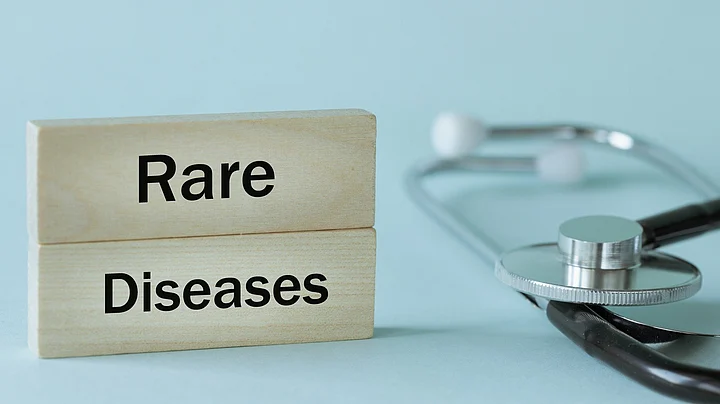Rare Disease Day 2024: Rare Disease Day is celebrated on 29 February, every year to raise awareness about rare diseases and to ensure that they have equal access to healthcare. This day is dedicated to highlighting the challenges faced by people living with rare illnesses and to promoting research for new treatments.
Rare Disease Day 2024: History and Origin
According to the Organization for Rare Diseases India (ORDI), around 300 million people worldwide are affected by rare diseases, with some being discovered still.
It is estimated that around 7000 rare diseases exist, and with no cure or vaccine currently available for many of them, early diagnosis and treatment is of utmost importance. This day is dedicated to showcasing the importance of specialized care for people suffering from rare diseases.
The history of Rare Disease Day dates back to 1980, when a platform was first set up to raise awareness about rare diseases in Europe.
In 1999, the European Organisation for Rare Diseases (EURORDIS) designated a special day to raise awareness about rare diseases across Europe. It was first celebrated in eleven European countries, and it marked the beginning of a worldwide movement to raise awareness in the healthcare sector.
In 2008, the need to recognize Rare Disease Day became global, and more countries joined the initiative to make it an International day.
In 2015, Rare Disease Day was officially declared an International Day by the United General Assembly, which further solidified the significance of this day.
Rare Disease Day 2024: Significance and Celebration
The significance of Rare Disease Day is to emphasize the necessity of early diagnosis and treatment for people suffering from rare illnesses.
It also serves as a reminder of the need for continued research and development in the healthcare sector in order to find effective treatments for these conditions.
Rare Disease Day also aims to raise awareness and promote social inclusion for people living with rare diseases, thereby reducing the stigma associated with these illnesses.
(Disclaimer: Parts of this article were generated by AI and published after the content was editorially modified and verified by a human based on their own judgement and expertise. The Quint does not publish AI-generated content without direct human involvement and oversight.)
